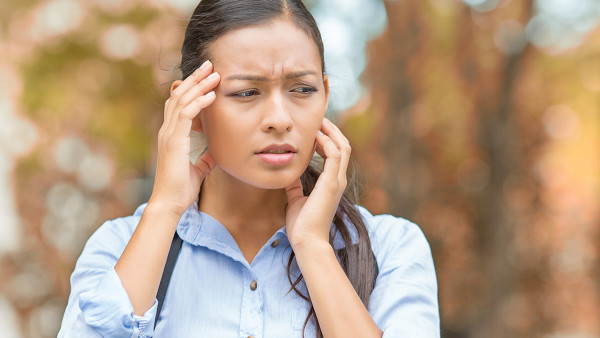Rhinitis and Pharyngitis Lead to Tinnitus

What are Rhinitis and Pharyngitis?
Rhinitis is an inflammation of the nasal passages, which can be caused by allergies, colds, or the flu. Symptoms of rhinitis include a runny nose, congestion, sneezing, and itching. Pharyngitis is an inflammation of the pharynx, which is the back of the throat. Symptoms of pharyngitis include a sore throat, difficulty swallowing, and hoarseness.
Rhinitis and pharyngitis are both common conditions, and they can often be treated with over-the-counter medications. However, in some cases, rhinitis and pharyngitis can lead to tinnitus, a ringing or buzzing sound in the ears.
How Do Rhinitis and Pharyngitis Cause Tinnitus?
The exact mechanism by which rhinitis and pharyngitis cause tinnitus is not fully understood. However, there are several theories that have been proposed. One theory is that rhinitis and pharyngitis can block the Eustachian tubes, which are the tubes that connect the middle ear to the back of the throat. This blockage can cause fluid to build up in the middle ear, which can lead to tinnitus.
Another theory is that rhinitis and pharyngitis can irritate the nerves that are responsible for hearing. This irritation can send abnormal signals to the brain, which can be interpreted as tinnitus.
What are the Symptoms of Tinnitus?
Tinnitus can manifest in a variety of ways, including:
A ringing, buzzing, or hissing sound in the ears
A clicking or pulsating sound in the ears
A feeling of fullness or pressure in the ears
Difficulty hearing other sounds
Dizziness or vertigo
Tinnitus can be intermittent or constant, and it can range in severity from mild to severe. In some cases, tinnitus can be so severe that it interferes with everyday activities.
How is Tinnitus Diagnosed?
There is no specific test for tinnitus. Your doctor will diagnose tinnitus based on your symptoms and a physical examination of your ears. Your doctor may also order some tests to rule out other potential causes of your tinnitus, such as a hearing loss or a tumor.
How is Tinnitus Treated?
There is no cure for tinnitus, but there are a number of treatments that can help to relieve the symptoms. Treatment options for tinnitus include:
Over-the-counter medications, such as antihistamines and decongestants
Prescription medications, such as steroids and antidepressants
Tinnitus retraining therapy (TRT), which is a type of counseling that can help you to learn how to ignore tinnitus
Masking devices, which are small devices that emit a white noise or other sound that can help to mask tinnitus
How Can I Prevent Tinnitus?
There is no surefire way to prevent tinnitus, but there are some things you can do to reduce your risk of developing this condition. These include:
Avoiding loud noises
Wearing earplugs or earmuffs when exposed to loud noises
Getting regular exercise
Eating a healthy diet
Getting enough sleep
Managing stress
When to See a Doctor
If you have tinnitus, it is important to see a doctor to rule out any underlying medical conditions. You should also see a doctor if your tinnitus is severe or if it is interfering with your everyday activities.
The above is all the content that the editor wants to share with you. I sincerely hope that these contents can bring some help to your life and health, and I also wish that your life will be happier and happier.
Tags: #pharyngitis #and #rhinitis












